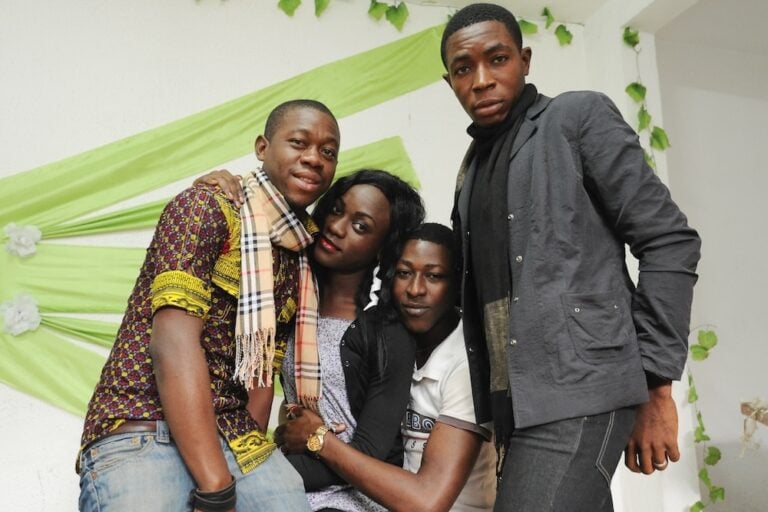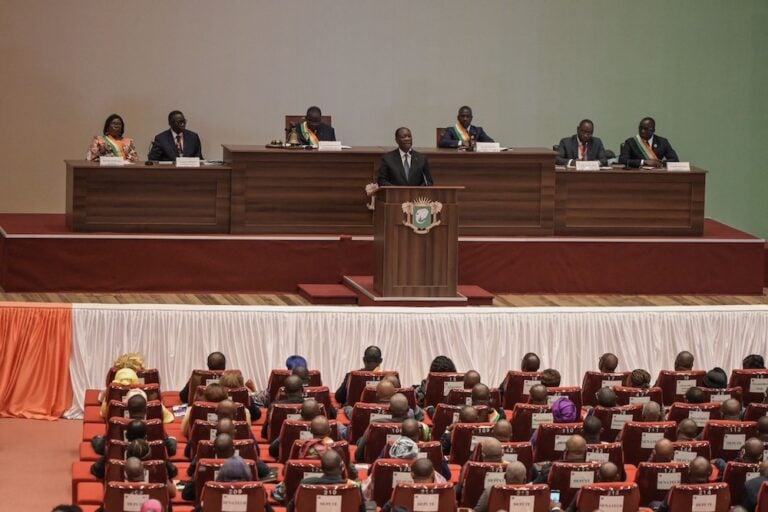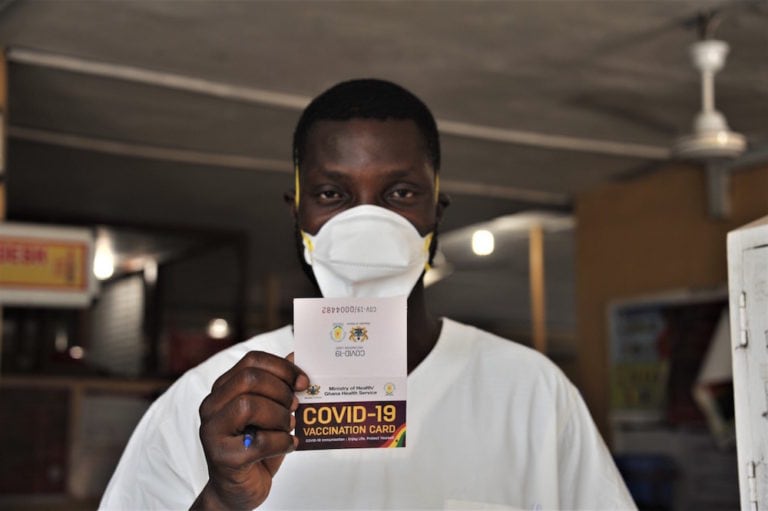The political situation has been tense since President Laurent Gbagbo dissolved the government on 12 February 2010, thereby postponing elections yet again.
(RSF/IFEX) – Reporters Without Borders is extremely concerned about the current tension in Côte d’Ivoire and the fact that local retransmission of the French TV news station France 24 has been “suspended” until further notice by the National Council for Communication (CNCA). Serious threats have also reportedly been made against several opposition newspapers.
“The CNCA should act with the utmost care and not take arbitrary decisions because the current situation is extremely sensitive and the danger of exacerbating tension is great,” Reporters Without Borders said. “We also urge the authorities to guarantee the safety of the opposition media and we call on all parties to act calmly and rationally.”
Reached by telephone, CNCA chairman Franck Anderson Kouassi said France 24 had been suspended as a “precautionary measure” because it had “reported the news in a biased way, violating journalistic ethics.” An extraordinary meeting of the CNCA is to be held soon to take a more definitive decision about the TV station’s fate.
The political situation has been tense since President Laurent Gbagbo dissolved the government and the Independent Electoral Council on 12 February 2010, thereby postponing elections yet again.
Several demonstrations have been organised, and they have led to violence. Five people died when the security forces broke up a protest on 19 February. It was France 24’s coverage of this incident that may have motivated the CNCA’s decision to suspend it.
The managing editor of the newspaper “Le Patriote”, Charles Sanga, has meanwhile said he has received threatening phone calls. The newspaper, whose premises were torched during a political crisis in November 2004, has decided to temporarily scale back its activity and lay off some of its staff as a security measure.
Denis Kahn Zion, the managing editor of the daily “Le Nouveau Reveil”, told Reporters Without Borders that he has also received threatening phone calls and has taken security measures. The newspaper’s offices were attacked and ransacked in 2004 and again on 22 October 2009.


